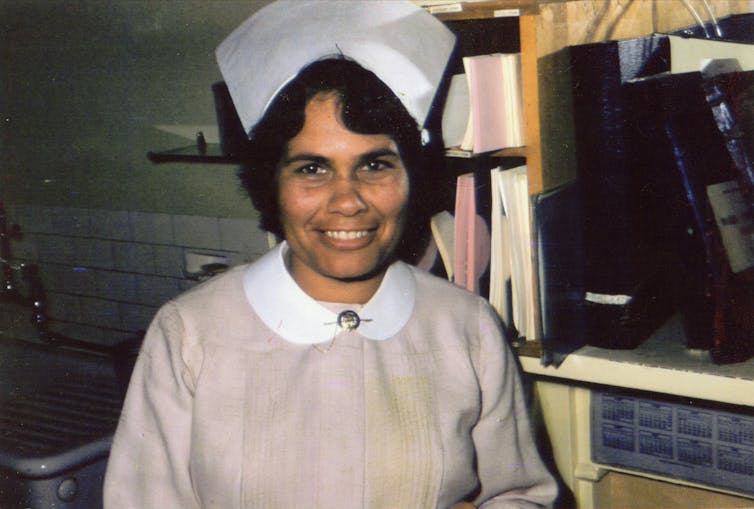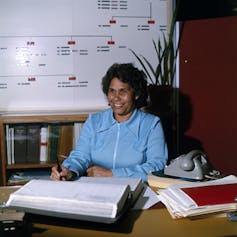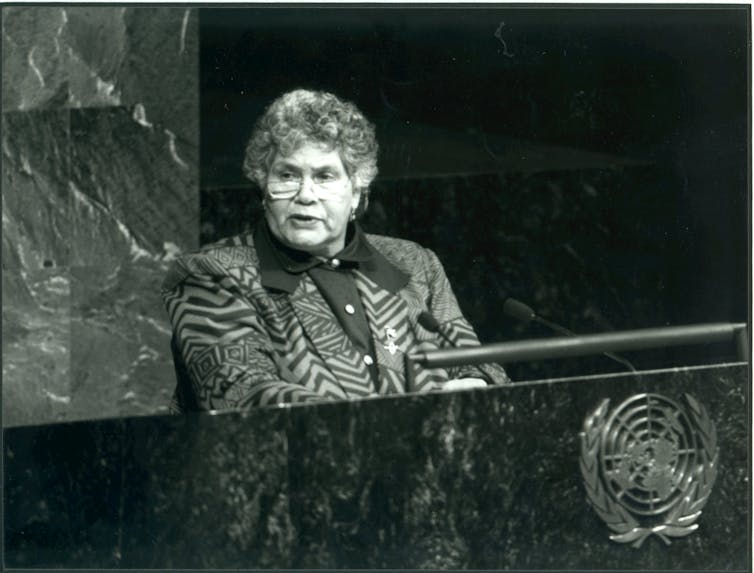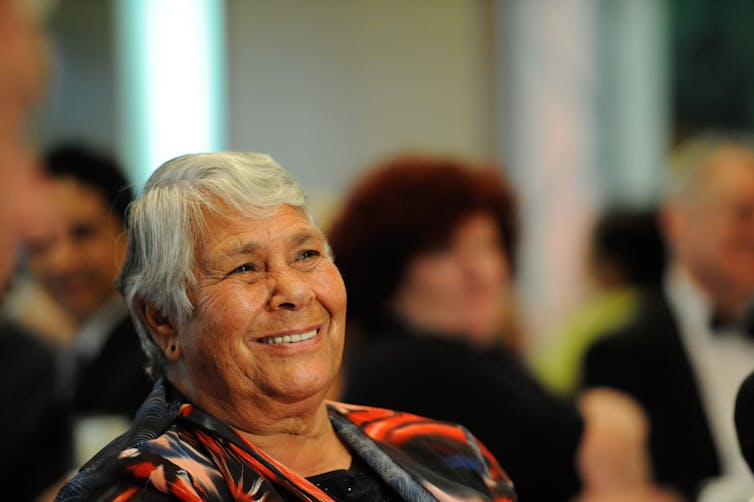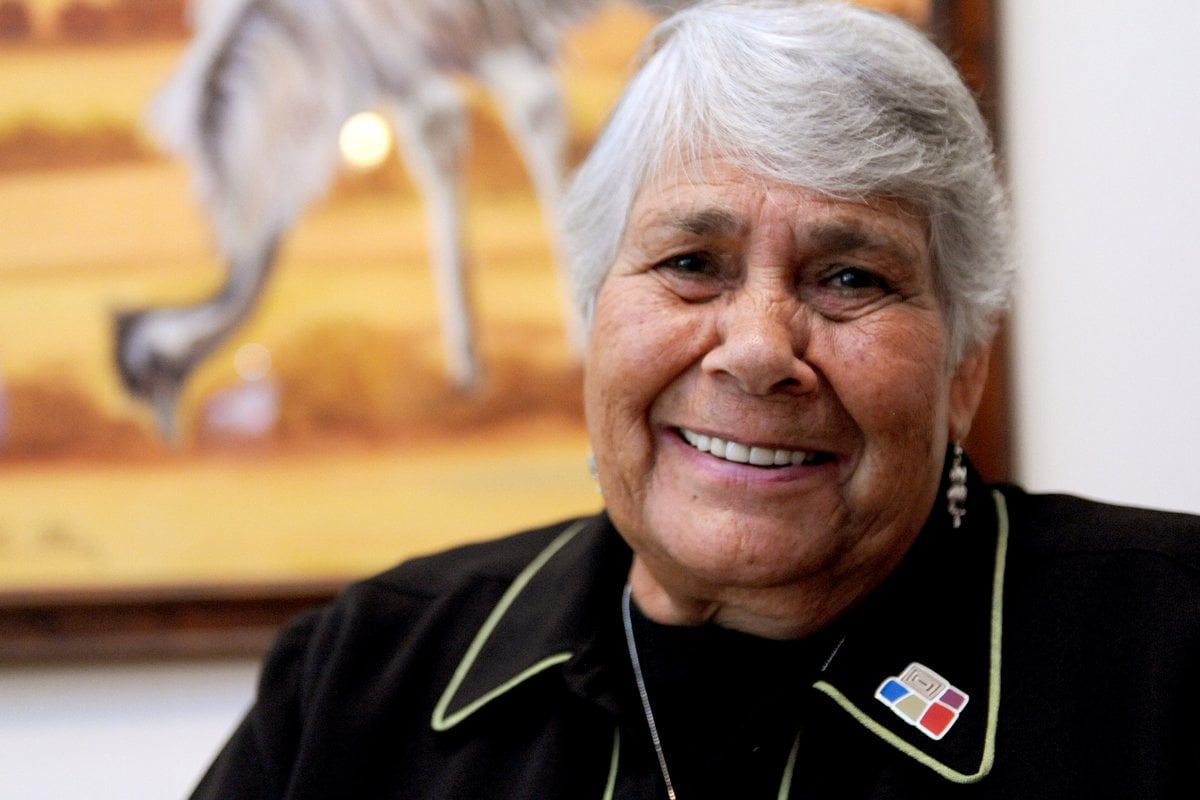
Aboriginal and Torres Strait Islander readers are advised this article contains the name and images of a deceased person.
One of Australia’s most highly-regarded Indigenous leaders, Dr Lowitja O'Donoghue, has died aged 91.
O'Donoghue, a Yankunytjatjara woman, was the inaugural chair of the Aboriginal and Torres Strait Islander Commission from 1990 to 1996, and a leading figure in debates over Indigenous rights and policy for multiple decades.
She suffered, and triumphed over, the privations and struggles of so many Aboriginal people, including being removed from her mother as a toddler and handed over to missionaries.
After facing initial resistance to her desire to enter nursing, because she lacked the required scholastic qualification, she became the first Aboriginal trainee nurse at the Royal Adelaide Hospital.
